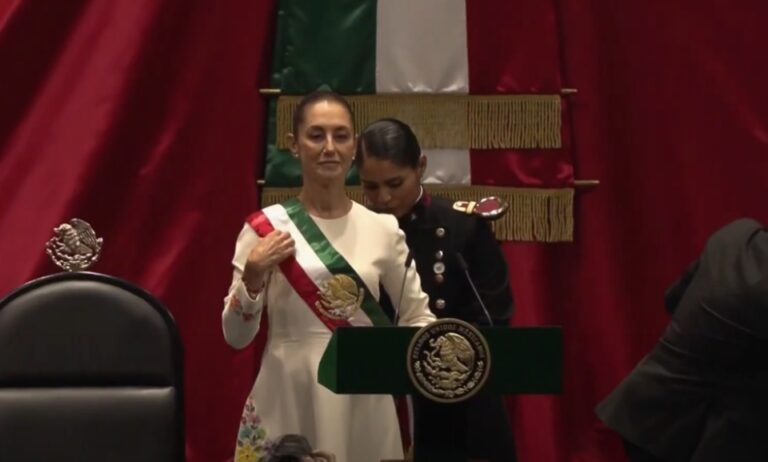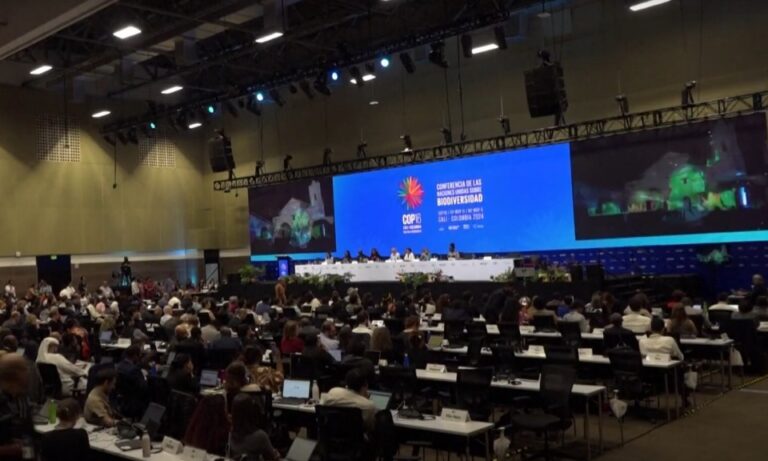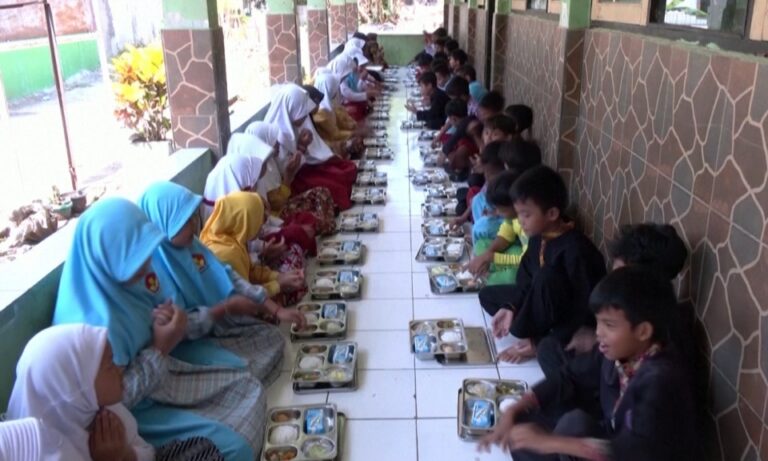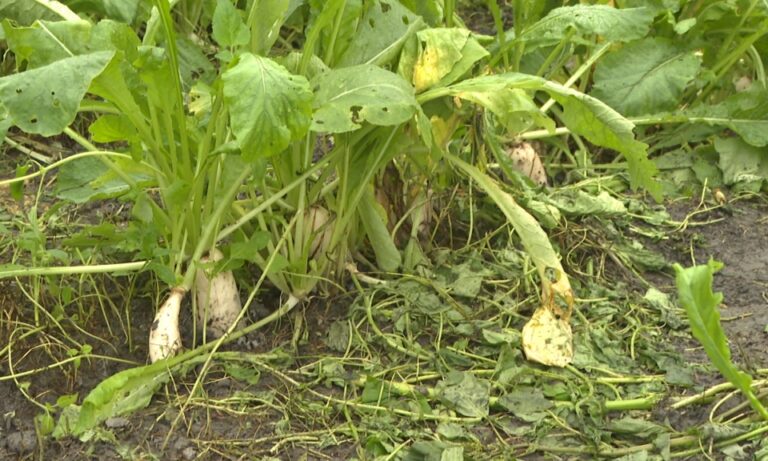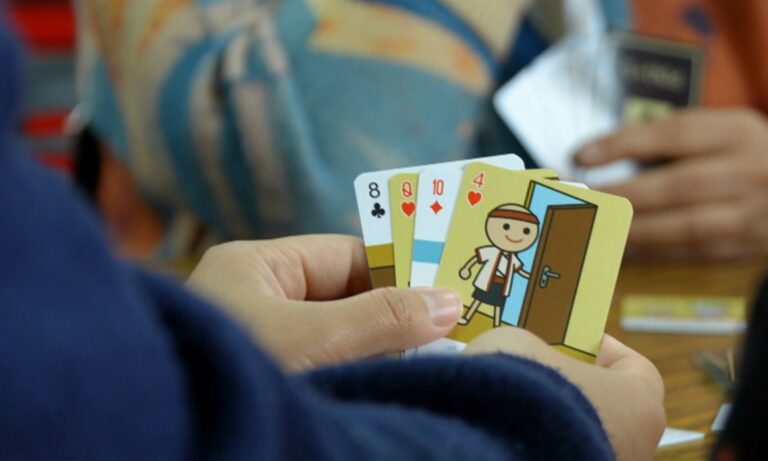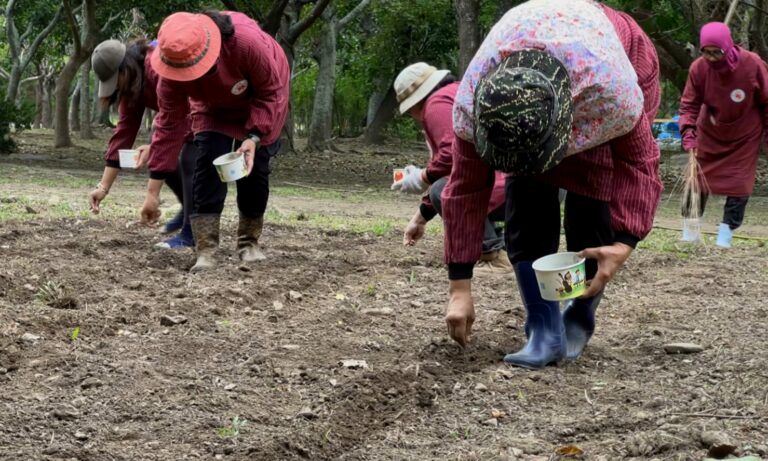索里蒙河是巴西亞馬遜河主要支流之一,如今水位降至有史以來最低;透過空拍畫面可以清楚看見,過去還能通航的河道呈現一片乾涸,亞馬遜史上最嚴重乾旱正在發生。
綠色和平巴西分部發言人 Romulo Batista:「We are passing through the riverbed of the Solimoes River, this whole area that we see of sand is the riverbed of the largest river in the world and this is the second consecutive year of major droughts in the Amazon, an unprecedented fact.」
(我們正在穿越索里蒙河的河床,我們看到的這一大片泥沙地其實是全世界最大河流的河床;這是亞馬遜連續兩年發生嚴重乾旱,已經是前所未有的情況。)
亞馬遜地區高溫打破紀錄,因氣候變遷和濫墾濫伐,造成的乾旱、野火災情頻傳。
綠色和平巴西分部發言人 Romulo Batista:「We are going through a critical year. Last year was already the hottest year in the last 125,000 years. This year several months have broken last year’s records. We’ve seen floods not only in Brazil, but around the world, droughts and a lot of fires here in the Amazon, in the Serrado, in the Pantanal and around the world. Climate change is no longer something to worry about in the future, ten or twenty years from now, it’s here and it’s here with much more force than we expected.」
(我們正在經歷關鍵的一年,去年已經是過去12萬5千年以來最熱的一年,今年有好幾個月已經打破去年紀錄,不只在巴西,世界各地也發生洪水,在亞馬遜河流域、塞拉多生態區和潘塔納爾濕地區;全世界也不斷傳出乾旱或野火災情,氣候變遷不再是未來二、三十年要擔憂的問題,而是當務之急,氣候變遷威脅力道之大已經遠遠超過我們的預期。)
居民的獨木舟滯留在沙洲上,索里蒙河附近的特菲湖也因為逐漸乾涸,去年就已經造成200多隻淡水海豚死亡,保育團體來到特菲湖的這一天,又遇見一隻擱淺、奄奄一息的海豚寶寶,前所未有的乾旱無疑是一場生態浩劫。
馬米拉瓦永續發展研究所海豚計畫負責人 Miriam Marmontel:「We’ve found several dead animals. Last week, we found one a day on average. We’re not yet associating the deaths with changes in water temperatures but with exacerbating the proximity between human populations, mainly fishermen and animals because the whole area is very restricted. The channel is two meters deep, maybe 100 meters wide at most, and all the animals are concentrated in this area.」
(我們發現很多死掉的動物,一週前幾乎一天發現一隻死亡,但我們沒有聯想到可能是水溫變化的關係;但由於整個區域的空間非常狹窄,使得人類族群、主要是漁民,和動物間的距離越來越接近,這裡河道只有2公尺深、寬度頂多100公尺,而所有動物都得擠在這裡。)
海豚擱淺潮是對生態的嚴重警訊,而對當地居民來說更是已經威脅到生計,生活陷入困境。
當地小農 Isabel Lima:「This drought is really harming us. We can’t get here(in the boat)at dawn(when they used to set up the tents). We can’t see anything in front of us with all the smoke.」
(乾旱對我們造成嚴重傷害,我們無法(划船)在黎明時趕到這裡(搭帳篷),沙塵密布、什麼也看不到。)
當地漁民 Clodomar Lima:「Nobody would have thought that this drought would come so quickly and we didn’t even imagine that it would surpass last year’s drought. Nobody imagined it. We thought we’d have a small drought and it wouldn’t grow to the levels we’re at today.」
(沒人知道乾旱會來得這麼快,我們更沒有想像過會超越去年乾旱的嚴重程度、沒有人想到,以為頂多是小規模的乾旱,而不會像今天所看到的程度。)
當地居民:「Water is everything to us. It is part of our daily lives, the means of transportation for everyone who live here. Without water, we are nobody.」
(水就是我們的一切、是日常生活的一部分、更是居住此地人們的交通媒介,沒有了水我們什麼都不是。)
早在去年10月,巴西亞馬遜地區就經歷過一次乾旱,直接影響到當地原住民族人生活起居,他們沒想到的是今年情況更加嚴重;談及大自然的反撲,讓當地族群領袖感慨極深。
坎貝巴原住民族領袖 Tome Cruz:「The world needs to listen to nature, not just listen to human beings, but listen to nature and understand what it is showing us today. It’s asking for help and we’re ignoring it. Many people keep burning, deforesting to plant crops and don’t look to the future. What will the future be like if we don’t preserve today? What will the future be like for our children and grandchildren, for our indigenous lands, if we and the planet don’t worry about preserving them? The world is on fire. There’s smoke everywhere, how are we going to live?」
(世界不該只傾聽人類的聲音、而是要傾聽大自然,傾聽並理解大自然在向我們展示什麼,它向人類發出求救,我們卻忽視了這些訊號,人們不斷焚燒、砍伐森林來種植作物而沒有看向未來;如果不珍惜今日有限的資源,未來會變成什麼樣貌?如果我們和全世界都不去擔憂保育問題,會留給後代子孫以及原住民族土地什麼樣的未來?世界正在燃燒、隨處都是可以燎原的星火,未來我們要怎麼活下去?)
乾旱、洪水與野火災情頻繁上演,生態浩劫與人類開發行為環環相扣,世代群居於亞馬遜河流域的原住民族首當其衝;然而在可見的未來裡若無法痛定思痛,對氣候變遷拿出具體因應策略,人類全體恐怕終將在大自然反撲中無一倖免。
責任編輯:林懷恩


